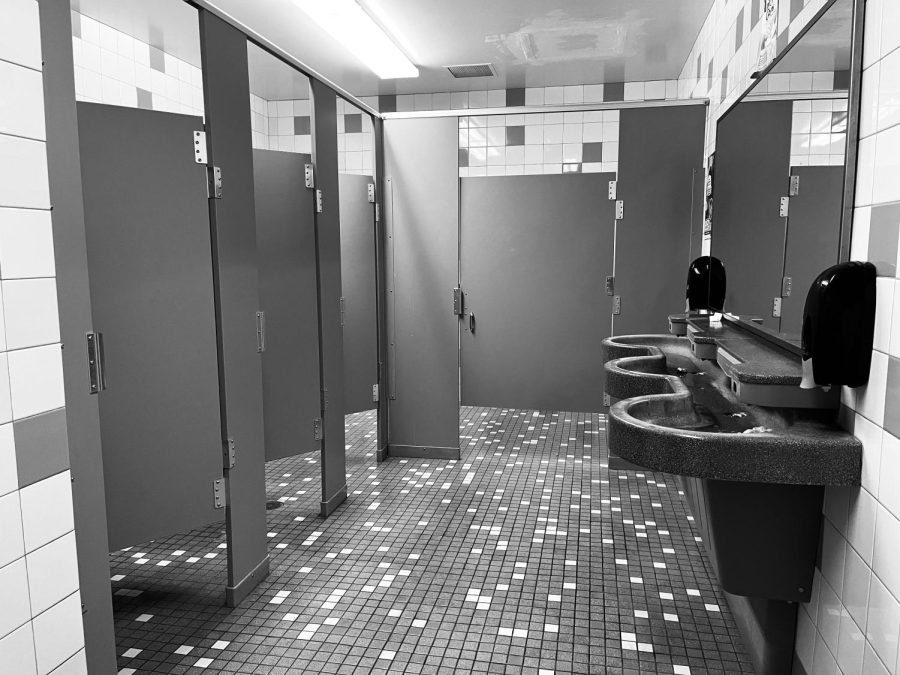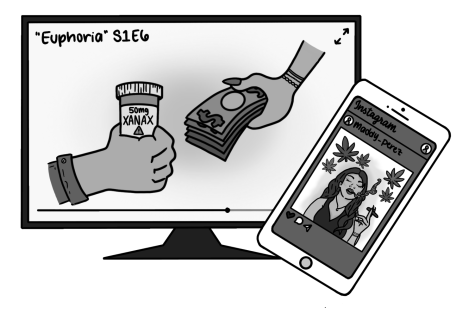CAMPUS: SCHS community reflects on the cleanliness of the school’s facilities
For many students and faculty members, the cleanliness of SCHS’s campus plays an important role in their school or work day. With a clean and well-kept campus, many Bruins are able to enjoy lunchtimes, various school activities and more, but with SCHS’s student population of 1,840 and over 140 staff members, ensuring the complete sanitation of the school can be difficult.
Sophomore Alicia Lin believes that having a cleaner campus will allow for a better environment for the Bruin community. She urges students to clean up after themselves and encourage their peers to do the same.
“(Students should) stay in charge of themselves, and if they see someone else, like their friend, do something, they can advise them,” Lin said.
Freshman Laasya Pandravada agrees and recognized the negative impact students often have on the campus’s cleanliness. However, she believes in a possible solution to address food waste.
“I think we need more trash cans and generally recycling and trash cans,” Pandravada said. “A lot of the stuff we do eat can be recycled, but we don’t have recycling bins in the cafeteria.”
The cafeteria is one of the more crowded areas on campus, and many students tend to populate around it throughout the day, leaving the space littered with hot lunch plates, napkins, wrappers and more. Junior Alonzo Bradford noted that the amount of trash produced in the area has become a norm for many students.
“It’s like people have learned to ignore that it (trash) is there,” Bradford said. “Most people are used to it now.”
Additionally, lead campus security Sharon Ratliff described her involvement with the sanitation on campus, as she tries to encourage students to be mindful of themselves and their surroundings.
“If everyone is responsible for their own individual – like they would be at home – this campus would be much cleaner,” Ratliff said.
Lead night custodian Nicholas Green has a set routine that can vary with time depending on the cleanliness of the bathrooms and classrooms. He also noted that some areas on campus are less sanitary than others, which makes it difficult for students to use.
“I would say specifically the bathrooms ‘cause there are times I come across them and they are just not usable,” Green said.
Ratliff discussed the importance of student care and initiative, noting that they should want a clean school environment for themselves and their peers. She emphasized that if each student does their own part, it will make a big difference overall.
“I would really appreciate if the kids would work on it because this is your guys’ campus, and that’s what I try to tell you guys when I see you throwing food,” Ratliff said. “‘This is your guys’ campus. Don’t you want it to look good?’”








